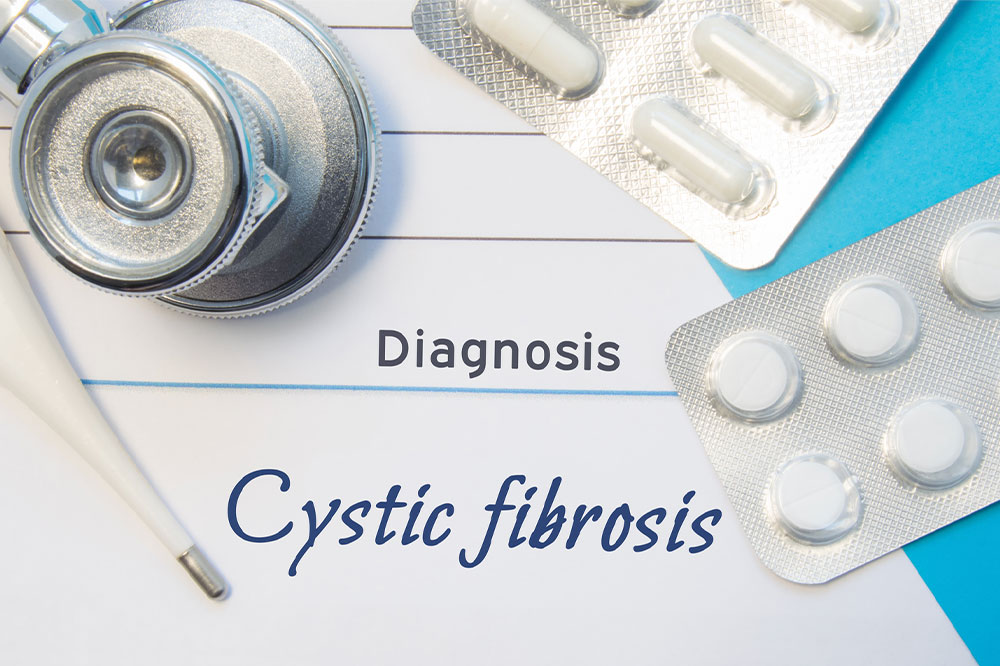Comprehensive Strategies for Managing Ulcerative Colitis
Learn effective strategies for managing ulcerative colitis, including diagnosis, symptoms, treatment options, dietary tips, and surgical procedures. Early diagnosis and lifestyle changes are key to controlling this chronic inflammatory bowel disease and improving quality of life.

Effective Approaches to Managing Ulcerative Colitis
Ulcerative colitis is a form of inflammatory bowel disease (IBD) that causes inflammation in the digestive tract, primarily targeting the colon and rectum. The condition begins in the innermost lining of the rectum and can extend gradually to other parts of the colon. Its origins are believed to involve a mix of genetic predisposition, immune system response, and environmental influences.
Key Information
Diagnosis is the first step in treating ulcerative colitis. Recognizing the symptoms early enables effective treatment to reduce complications.
Ulcerative colitis can affect individuals across all ages, though most cases occur before age 30. Those with family members suffering from the disease may have a higher risk of developing it in the future.
Common symptoms include:
Cramps
Abdominal pain
Diarrhea
Rectal bleeding
Additional signs such as high fever, poor appetite, and frequent diarrhea—sometimes up to 20 episodes daily—are key indicators. Symptoms may come and go, but persistent issues require medical attention. The condition can also cause complications like joint discomfort, eye issues, and liver problems.
Diagnosing Ulcerative Colitis
Diagnosis begins with a physical exam and medical history. Since ulcerative colitis shares symptoms with Crohn’s disease and diverticulitis, colonoscopy is a common diagnostic tool. Blood tests help identify inflammation or infection, along with stool tests to analyze digestive health.
Risks Associated with the Disease
Long-term ulcerative colitis, especially beyond eight years, can increase the risk of colon cancer. Frequent flare-ups can disrupt daily life, leading to embarrassment and social challenges.
Management and Treatment Options
Treatment varies based on disease severity and diagnosis. Medical interventions aim to modulate the immune response, prevent flare-ups, and reduce inflammation, alleviating discomfort.
Dietary modifications also play a vital role. Consuming soft, bland, nutrient-rich foods helps manage symptoms. Those intolerant to lactose should avoid dairy products. Consulting a nutritionist can optimize your diet for better health.
Surgical options are available but typically reserved for severe cases. Procedures include removing the colon and rectum with the creation of an ileostomy, which involves an external pouch for waste. Advances now allow for internal pouch surgeries, reducing risks and improving quality of life.
Understanding that ulcerative colitis often results from immune system dysfunction and toxic buildup highlights the importance of a healthy lifestyle. Regular exercise, adequate sleep, and a balanced diet significantly reduce risk factors.
If you or someone you know shows signs of ulcerative colitis, seek prompt medical advice. Early intervention and lifestyle adjustments are crucial for managing this condition and preventing serious complications.










